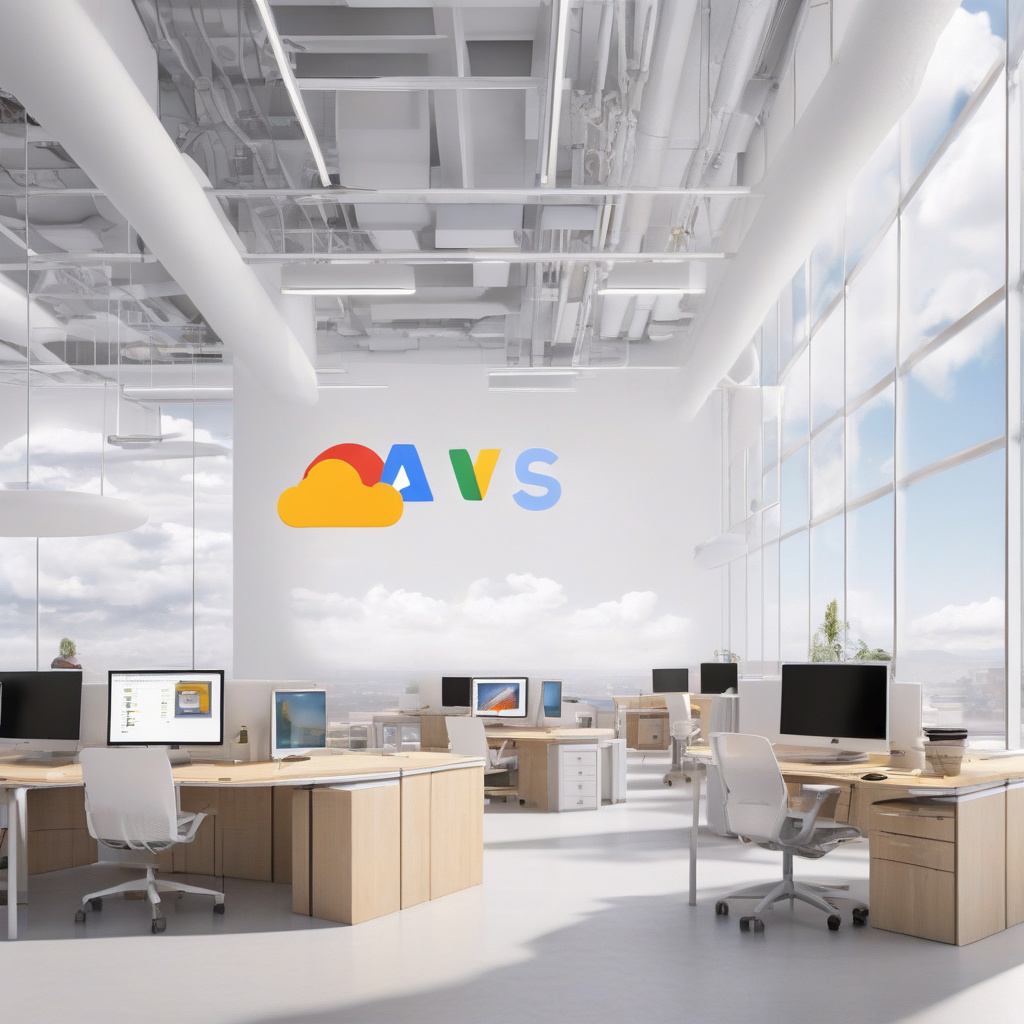In the vast landscape of cloud computing, Google Cloud Services and Amazon Web Services (AWS) stand out as titans in the industry. While AWS currently dominates with a significant 31% market share, Google Cloud is not to be underestimated in terms of its offerings and capabilities.
When it comes to choosing between Google Cloud and AWS for your business needs, the decision-making process can be daunting. AWS’s extensive market presence might seem like the obvious choice, but delving deeper reveals a more nuanced landscape.
Google Cloud, with its robust infrastructure and innovative solutions, presents a compelling case for businesses looking to leverage cutting-edge technology. For instance, Google’s expertise in artificial intelligence and machine learning through services like Google Cloud AI and TensorFlow can be a game-changer for companies seeking to harness the power of data.
On the other hand, AWS boasts a wide array of services, ranging from storage and computing to networking and databases. Its sheer breadth and depth of offerings make it a versatile option for businesses of all sizes and industries. AWS’s scalability and reliability have been proven time and again, making it a trusted choice for many organizations worldwide.
One key aspect to consider when comparing Google Cloud and AWS is pricing. While both platforms offer flexible pricing models, it’s essential to analyze your specific business requirements to determine which provider offers the most cost-effective solution. Factors such as storage, data transfer, and computing resources can significantly impact your overall cloud expenses.
Furthermore, integration and compatibility with existing systems play a crucial role in the decision-making process. Whether you’re migrating existing workloads to the cloud or developing new applications, seamless integration with your current infrastructure is paramount. Both Google Cloud and AWS provide robust tools and resources to facilitate smooth transitions and integrations.
In terms of support and documentation, AWS has been lauded for its extensive documentation and active community forums, making it easier for developers to troubleshoot issues and find solutions. Google Cloud, while not lacking in support resources, may require a bit more exploration to find the right answers to your queries.
Ultimately, the choice between Google Cloud and AWS boils down to your specific business needs, technical requirements, and long-term goals. While AWS may be the go-to option for many enterprises due to its market dominance and proven track record, Google Cloud’s innovative solutions and competitive pricing make it a strong contender in the cloud computing arena.
In conclusion, when picking the right cloud platform for your business, consider factors such as services offered, pricing models, integration capabilities, and support resources. By carefully evaluating these aspects and aligning them with your business objectives, you can make an informed decision that sets your organization up for success in the ever-evolving landscape of cloud computing.

